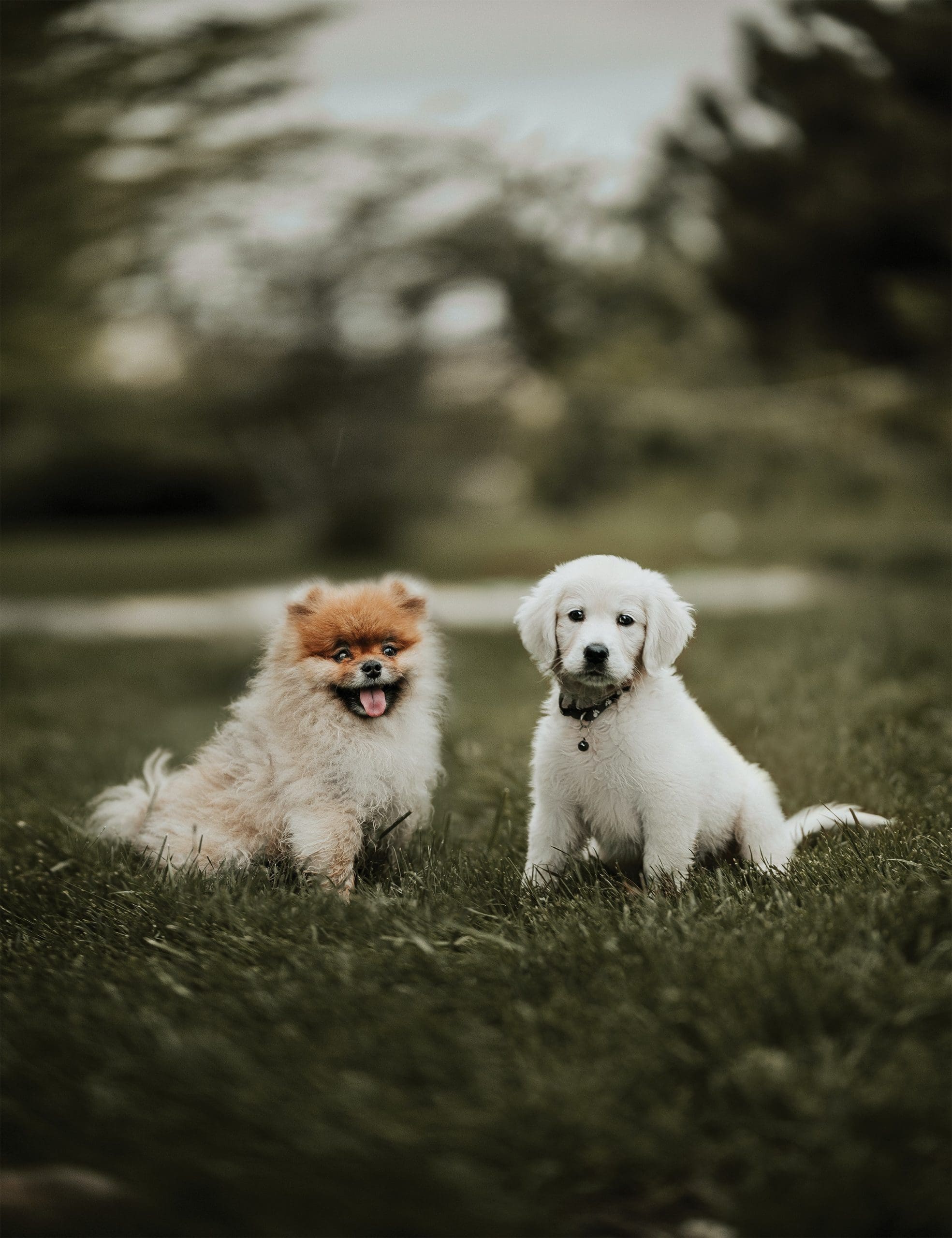Noticing your dog behaving strangely can be concerning for any pet owner. Dogs, much like their human counterparts, have their off days, and understanding what might be behind these changes can enhance the care you provide and strengthen your bond with them.
The Importance of Routine
Dogs thrive on routine and consistency. Any disruption to their normal environment or schedule can lead to unusual behavior. You might see signs like restlessness, excessive barking, or withdrawal. Rather than panicking, consider the potential factors influencing your dog’s demeanor.
Stress and Environmental Changes
Stress can significantly impact a dog’s behavior. Just as people do, dogs may become anxious due to changes in their surroundings. This could involve welcoming a new family member, relocating, or even shifts in your daily routine. For instance, if you’ve returned to work after being home for an extended period, your dog may feel unsettled. Anxiety can show itself through barking, chewing on furniture, or seeking solitude.
Health Considerations
Dogs lack the ability to express discomfort like humans. Therefore, it’s vital to be vigilant for signs of illness such as lethargy, loss of appetite, or vomiting. If your dog is acting unusually and exhibits these symptoms, consulting a veterinarian is essential. Behavioral changes often indicate health issues, and early intervention can be crucial for effective treatment.
The Effects of Routine Disruptions
Predictability is key for dogs. A sudden change in their walking or feeding schedule can lead to confusion and anxiety. Dogs don’t comprehend time, so maintaining a consistent daily routine is essential for their emotional stability.
Combating Boredom
A lack of mental and physical stimulation can lead to boredom-related behaviors in dogs. If they aren’t getting enough exercise or engaging activities, they may resort to digging, excessive barking, or even destructive actions. Regular walks, play sessions, and interactive toys can keep your dog mentally and physically engaged.
The Role of Socialization
Socialization is crucial for a dog’s well-being. Insufficient exposure to different environments, people, or animals may result in anxiety or over-excitement when faced with new situations. Regular interaction with various stimuli can help your dog adapt and minimize anxiety during new experiences.
Addressing Fearful Behavior
Dogs can be sensitive to their surroundings. Loud noises, sudden movements, or unfamiliar scents may frighten them. If your dog is acting strangely and appears scared, it may indicate something has startled them. Creating a safe space for your dog to retreat to when frightened can provide comfort and security.
Age-Related Changes
As dogs age, they may experience cognitive decline similar to dementia in humans. This can result in confusion, disorientation, or altered sleeping patterns. If your older dog is displaying such changes, consulting a veterinarian is advisable to rule out health issues and explore supportive measures.
The Impact of Diet
Diet plays a significant role in a dog’s overall health and behavior. Changes in food or ingestion of inappropriate items can lead to behavioral shifts. Some dogs may react adversely to certain ingredients, which can cause discomfort. Monitoring your dog’s diet and discussing any changes with your veterinarian can help ensure they receive proper nutrition.
Emotional Reflection
Sometimes, dogs exhibit unusual behavior as a reflection of their owner’s emotional state. If you are feeling stressed or anxious, your dog may pick up on those feelings, resulting in clinginess, increased barking, or restlessness. Being mindful of your emotions and their potential impact on your dog can foster a calmer environment for both of you.
Observing Body Language
Understanding your dog’s body language is key to addressing their needs. Dogs communicate through posture, tail position, and facial expressions. If your dog appears withdrawn or avoids eye contact, they may feel unwell or stressed. Conversely, a relaxed posture and a wagging tail indicate happiness and comfort. Paying attention to these signals can help you identify what might be troubling your dog.
Keeping a Behavior Journal
If you’re concerned about your dog’s behavior, consider keeping a journal. Record instances of unusual behavior, changes in their environment, and other relevant details. This information can be invaluable when discussing your concerns with a veterinarian, allowing for a better understanding of any patterns and the best actions to take.
The Importance of Regular Check-Ups
While occasional odd behavior is normal, persistent changes should not be overlooked. Regular veterinary check-ups can help catch health issues early and maintain your dog’s happiness and health. Veterinarians can also offer insights on behavioral adjustments to help your dog navigate changes.
Creating a Nurturing Environment
Establishing a safe and loving environment is vital for your dog. Provide a comfortable retreat space for moments of stress. Engage in regular play and exercise to keep your dog’s mind and body active. A predictable routine for walks, feeding, and playtime can also foster security and reduce unusual behaviors.
Nurturing the Bond with Your Dog
Your relationship with your dog is built on trust and understanding. When faced with strange behaviors, approach the situation with empathy. Observe your dog closely to identify any underlying issues. Your attentiveness can help your dog feel secure and loved.
Seeking Support and Resources
If uncertainty arises, remember that many dog owners encounter similar challenges. Resources such as veterinarians, professional dog trainers, and communities of fellow dog lovers can provide support. Sharing experiences and learning from others can offer valuable insights as you navigate the complexities of dog ownership.
Embracing the Unique Bond
The connection you share with your dog is distinct and precious. Understanding their behavior—even when it seems odd—is integral to that bond. By remaining patient and observant, you can ensure your furry companion feels understood and cherished. When asking yourself, “Why is my dog acting weird?” take a moment to reflect on their needs and emotions. With care and attention, you can help your dog lead a happy, healthy life for years to come.



